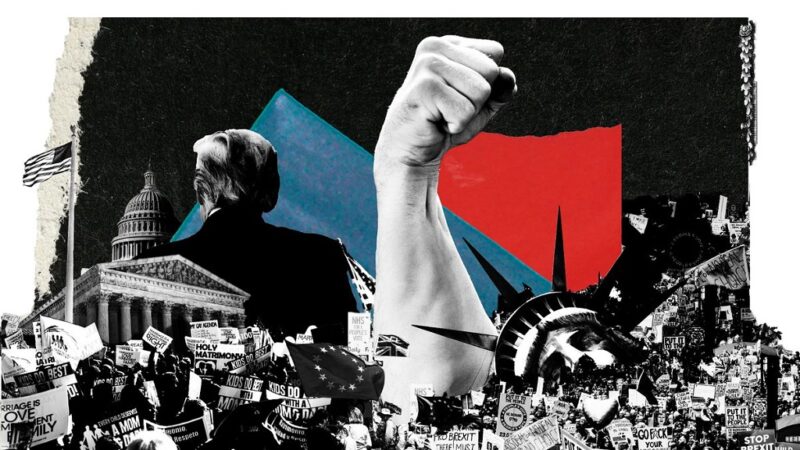In the ever-evolving landscape of political discourse, certain terms have undergone a transformation, with their meanings shifting over time. One such term is “liberal,” which has evolved from a label associated with progressive ideals to a word that, for some, carries negative connotations. In this article, we will delve into the history of how “liberal” became a loaded term and also explore the question: Is “stupid” a bad word?
The Evolution of “Liberal” from Idealism to Controversy: Is “Stupid” a Bad Word?
The Evolution of “Liberal”
Historically, the term “liberal” was associated with ideals such as freedom, equality, and social progress. In the 19th and early 20th centuries, liberals championed causes like civil rights, democracy, and individual liberties. However, as the political landscape shifted and ideologies became more polarized, “liberal” began to take on a different meaning.
In recent decades, “liberal” has been weaponized as a pejorative term in some political circles. Critics argue that it is used to paint individuals or policies as excessively progressive, out of touch, or even unpatriotic. The term has become a political tool to divide and marginalize, leading to a situation where being labeled a liberal can be a hindrance rather than a badge of honor.
Factors Contributing to the Negative Perception
Several factors have contributed to the negative perception of the term “liberal.” The rise of conservative media outlets, the polarization of political discourse, and the entrenchment of partisan divides have all played a role. As a result, the term has become a loaded label that is often used to dismiss or discredit opposing viewpoints.
The Question of “Stupid”
As we explore the evolution of political language, another question arises: Is “stupid” a bad word? Unlike the term “liberal,” which has undergone a semantic shift in a political context, “stupid” is a more direct and personal descriptor. While it may not carry the same historical and political weight, using “stupid” to characterize someone or their ideas can be seen as disrespectful and unconstructive.
Language plays a crucial role in shaping public discourse, and using derogatory terms can hinder meaningful conversations. Rather than resorting to name-calling, fostering a more inclusive and respectful dialogue allows for a better exchange of ideas, even when opinions differ.
FAQs
Why has the term “liberal” gained a negative connotation?
The term “liberal” has acquired a negative connotation primarily due to the evolving nature of political discourse. In recent years, the polarization of ideologies and the rise of conservative media have contributed to the transformation of “liberal” from a descriptor of progressive ideals to a pejorative label used to dismiss or criticize individuals and policies.
What role has political polarization played in the perception of liberalism?
Political polarization has played a significant role in shaping the negative perception of liberalism. As ideological divides have deepened, terms like “liberal” have been weaponized as a means of delegitimizing opposing viewpoints. This divisive rhetoric has led to the stigmatization of the term and has contributed to its association with being out of touch or unpatriotic in certain political circles.
Can the negative stigma attached to “liberal” be reversed?
While challenging, the negative stigma attached to the term “liberal” can potentially be reversed through efforts to foster constructive and open-minded political dialogue. Encouraging a more nuanced understanding of political ideologies and promoting respectful conversations can contribute to changing the narrative surrounding “liberal” and other politically charged terms.
Final Thought
In the ever-changing landscape of language and politics, the term “liberal” has undergone a transformation, becoming a loaded label that is often used to undermine individuals and ideas. While the question of whether “stupid” is a bad word may not have the same historical weight, it raises important considerations about the impact of language on discourse.
As we navigate the complexities of political language, Why Do People Refuse to Take Initiative? it is essential to be mindful of the words we use and their potential consequences. Engaging in respectful and constructive dialogue fosters a more inclusive political landscape, allowing for a better understanding of diverse perspectives.


